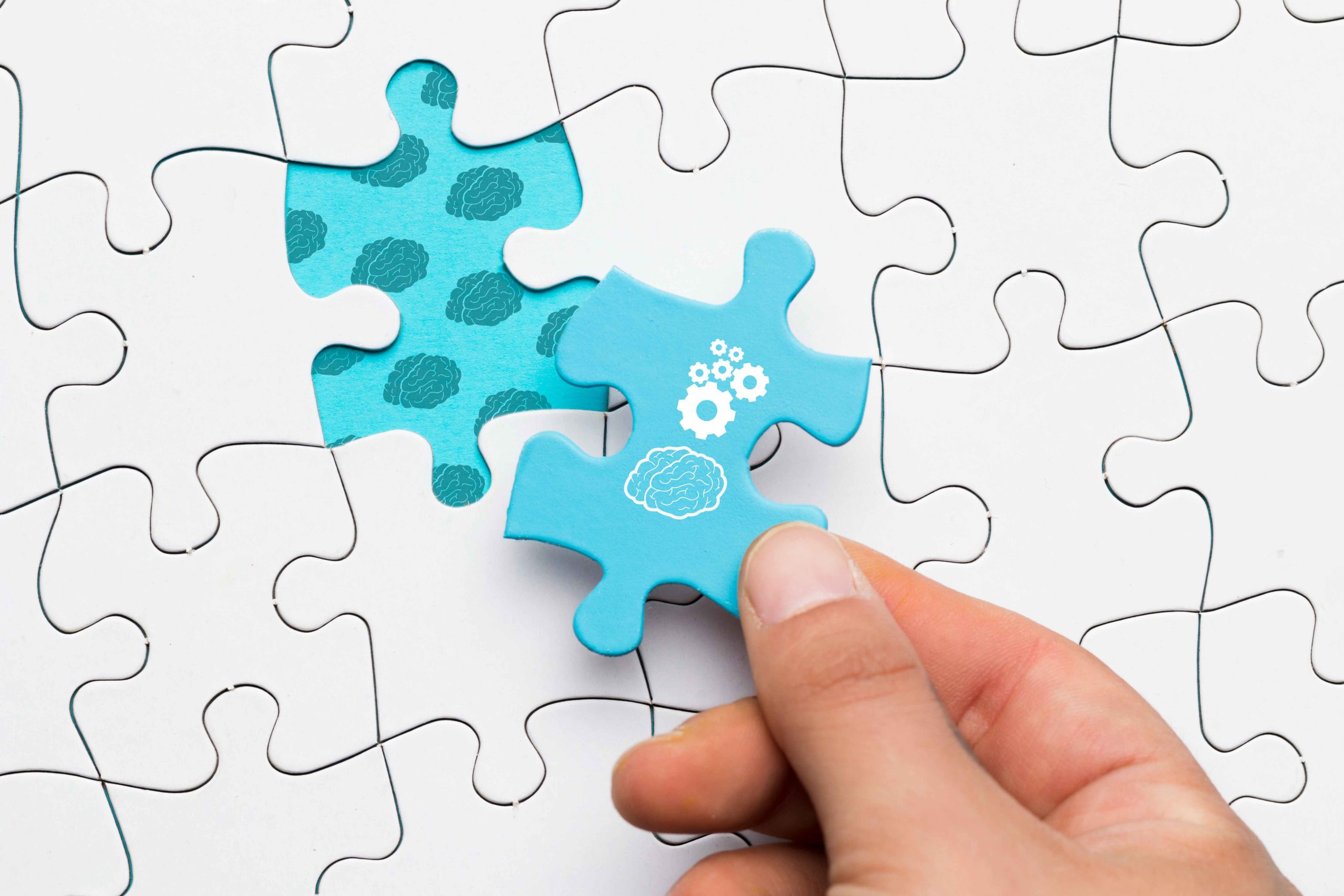
The Importance of Arts and Crafts for Preschoolers’ Mental Development
As parents, we constantly seek ways to enhance our preschoolers’ cognitive, social, and emotional skills. One often-overlooked avenue for development is through arts and crafts. While many consider arts and crafts as mere pastimes, research shows that these activities play a crucial role in shaping the mental development of our little ones. In this article, we will explore the reasons why arts and crafts matter for preschoolers’ growth.
Enhancing Fine Motor Skills through Arts and Crafts
Fine motor skills involve using small muscles, particularly hands, and fingers. They are essential for various activities, from writing and drawing to tying shoelaces and buttoning clothes. Engaging in arts and crafts activities, such as painting, cutting, and pasting, helps preschoolers develop these skills. As they grip and manipulate art materials, they strengthen their hand-eye coordination and agility, improving their ability to carry out everyday tasks.
Fostering Creativity and Imagination through Arts and Crafts
Arts and crafts allow preschoolers to express their thoughts and emotions freely. Through these activities, preschoolers can experiment with different colors, textures, and shapes and create something unique and personal. This process encourages preschoolers to think creatively, expanding their imagination and promoting their overall cognitive development.
Developing Problem-Solving Skills through Arts and Crafts
Preschoolers can learn problem-solving skills through arts and crafts. When faced with challenges like a ripped piece of paper while cutting, they must think critically about how to address the issue. These activities teach preschoolers to approach problems creatively and develop resilience in the face of setbacks.
Building Self-Confidence through Arts and Crafts
Arts and crafts activities provide a sense of accomplishment for preschoolers upon completing a project. This feeling of success boosts their self-esteem and confidence. Furthermore, arts and crafts offer a safe space for preschoolers to experiment and make mistakes, teaching them that it’s okay to fail and learn from their errors.
Improving Language Skills through Arts and Crafts
Engaging in arts and crafts activities can help preschoolers improve their language skills. As they create art, preschoolers often narrate the process or discuss their work, promoting vocabulary and communication development. Additionally, collaboration in group activities enhances their ability to share ideas and listen to others.
Promoting Emotional Regulation through Arts and Crafts
Art serves as a means for preschoolers to express themselves, especially when verbal expression is challenging. Moreover, participating in arts and crafts can be a calming and meditative experience, aiding preschoolers in managing stress and anxiety.
Conclusion
Arts and crafts activities are more than just hobbies; they are essential for shaping preschoolers’ brain development. From enhancing fine motor skills to fostering creativity and promoting emotional regulation, these activities offer a multitude of benefits for preschoolers’ mental development. As parents, it’s crucial to encourage our preschoolers to engage in arts and crafts and provide them with a supportive environment to explore their creativity and express themselves freely.


